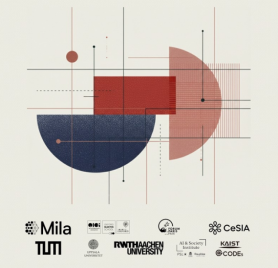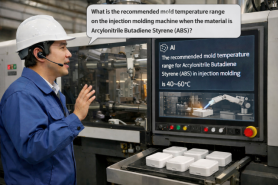
SEOUL, October 20 (AJP) - A research team at KAIST has developed a light-powered process that can produce high-performance hydrogen catalysts using only a fraction of the usual energy. The technique uses an ultra-short flash of light to generate extreme heat, enabling the rapid creation of advanced materials for clean energy applications.
The study, led by Professor Il-Doo Kim, Department of Materials Science and Engineering, and Professor Seongyool Choi, School of Electrical Engineering, introduced a platform called "direct-contact photothermal annealing." By flashing light for just 0.02 seconds, the system reaches 3,000 degrees Celsius—enough to transform nanodiamond particles into carbon nano-onions, a highly conductive and stable material suited for hydrogen production.
The new approach consumes about one ten-millionth of the energy required by conventional heating while making the process hundreds of times faster. During the reaction, metal atoms such as platinum, cobalt, and nickel bond individually to the surface of the carbon nano-onions, creating a highly efficient single-atom catalyst. The platinum-based version showed up to six times higher hydrogen production efficiency using much smaller amounts of metal.
Professor Kim said the method marks the first demonstration of a direct-contact photothermal process capable of reaching such high temperatures in milliseconds. "By cutting energy use more than a thousandfold, this integrated process could speed up the commercialization of clean hydrogen and other catalyst technologies," he said.
The research was carried out by KAIST doctoral candidate Jeon Kyung-do, Dr. Shin Ha-min (now at ETH Zurich), and Dr. Cha Jun-hoe (now at SK hynix), under the supervision of Professors Kim and Choi. The findings were published as a supplementary cover article in the September issue of ACS Nano, published by the American Chemical Society.
Copyright ⓒ Aju Press All rights reserved.




